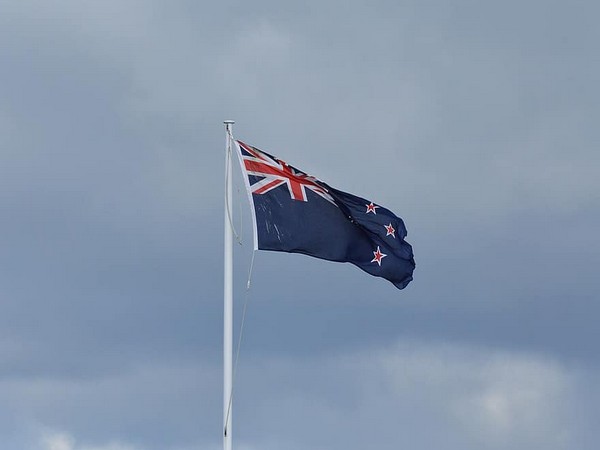New Zealand wastewater pipe dig reveals "fossil treasure trove"
Aug 28, 2023

Wellington [New Zealand], August 28: A new study published on Monday described the 266 fossil species, found in a wastewater pipe dig in Auckland, as one of the richest and most diverse groups of 3-million-year-old fauna ever found in New Zealand.
At least 10 previously unknown species will be described and named in future research, according to the study published by the New Zealand Journal of Geology and Geophysics.
Fossils of the world's oldest known flax snails, an extinct sawshark spine, and great white shark teeth have all been found in a mound of sand excavated from beneath Auckland's Mangere Wastewater Treatment Plant in 2020, said Auckland paleontologist Bruce Hayward, the study's lead author from Geomarine Research.
Searching through it over many months, Hayward likened it to "finding gold right on your doorstep". As a result, it is estimated that over 300,000 fossils were examined and several thousand have been returned to the museum as a record of this "once-in-a-lifetime find."
Detailed identification of the fossils shows that they were deposited between 3 and 3.7 million years ago in a subtidal channel in an early version of the modern Manukau Harbor, according to the study jointly conducted by the Auckland War Memorial Museum, University of Auckland, GNS Science and Geomarine Research.
"At that time, sea level was slightly higher than it is today as the world was also several degrees warmer than now. As a result, the fossils include a number of subtropical species, whose relatives today live in the warmer waters around the Kermadec and Norfolk islands," Hayward said.
Rare finds have included isolated baleen whale vertebrae, a broken sperm whale tooth, the spine of an extinct sawshark, dental plates of eagle rays and a number of great white shark teeth, the study showed.
Source: Xinhua









